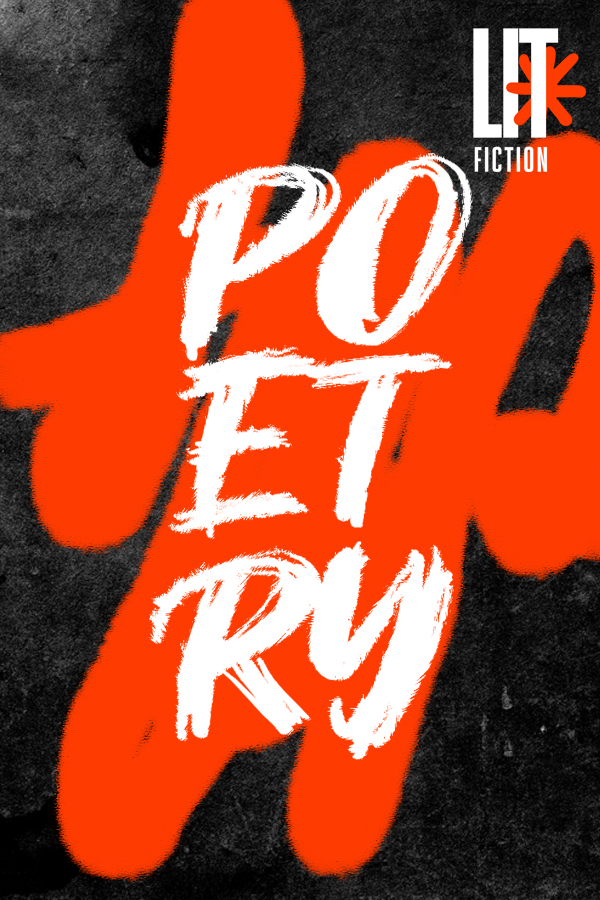This week, Joey, Colin, and Jennifer discuss the poetry of Charles Baxter and Audre Lord. The episode explores the hosts’ personal connections to Baxter’s “The Purest Rage” and Lord’s “A Litany for Survival.” Through their reflections, the conversation delves into themes of memory, rage, survival, and how personal identity is intertwined with poetry. Each host brings their experiences and interpretations to these emotionally charged poems.
Our Thoughts
Colin reflects on how Baxter’s poem, “The Purest Rage,” expands gradually in length and intensity, mirroring the growing emotions expressed in the narrative. He links the poem’s imagery to classic stoic philosophy, emphasizing how human aspirations for fame and power ultimately become meaningless, lost to time and nature.
“We have a culmination. Maybe it’s like rage. It’s getting bigger slowly, and it’s growing, culminating in something, and it expands into this vast rage that feels almost universal.”
— Colin
Jennifer emphasizes how deeply she connected with Baxter’s poem on a personal level, feeling that it captured her own experiences of trapped emotions and the desire to escape from societal expectations. She resonates with the imagery of the woman in the car and the tree rooted in its place, suggesting both characters are tied to their fates in ways that feel familiar to her.
“There’s this desperation to be seen and heard and escape, but you can’t because you’re loyal to the ground you were planted in.”
— Jennifer
Joey connects Audre Lorde’s “A Litany for Survival” to the theme of silence and how silence is often instilled generationally. He discusses how Lorde addresses the fear of speaking out, particularly for marginalized communities, and how survival is tied to breaking that silence.
“She says, ‘Your silence will not protect you,’ and that resonates deeply, especially in a poem about fear being passed down generationally, like a weapon or a tool of oppression.”
— Joey
Key Themes
- Rage and Identity: Baxter’s “The Purest Rage” explores the concept of anger as a response to societal roles and personal entrapment, relating it to nature, duty, and unfulfilled desires.
- Silence and Survival: Lord’s poem emphasizes the power of speaking out as an act of survival, particularly for those marginalized by society. Silence, as passed down from generation to generation, becomes a tool of oppression.
- Memory and Legacy: Both poems examine how personal experiences and emotions are tied to broader themes of memory, survival, and legacy, highlighting the individual’s role within society and history.
Conclusion
Joey, Colin, and Jennifer conclude their discussion by noting how both Baxter and Lord use powerful imagery to explore themes of personal rage and survival. While Baxter’s poem reflects the deep-seated frustrations of being trapped within societal expectations, Lorde’s work calls for breaking free of the silence that oppresses. Together, the poems offer a raw, unfiltered look at human emotion, making them timeless and deeply resonant for readers and listeners alike.

